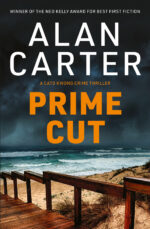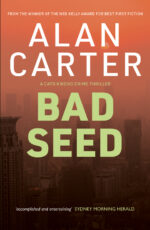Crime writer Alan Carter sheds no crocodile tears over Cato’s last waltz
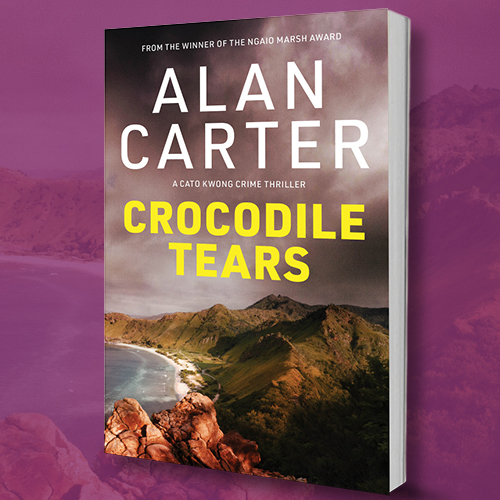
It’s been ten years since Detective Philip ‘Cato’ Kwong was introduced to the world. He was in his thirties then; the classical piano playing, cryptic crossword solving, stubborn obsessive was badly in need of redemption in both his career and his marriage. We first met him in Prime Cut, persona non grata, exiled to Stock Squad and studying roadkill in the middle of the Great Western Australian Nowhere. At the time I was living in Hopetoun on WA’s south coast, a long day’s drive from Perth. I was there courtesy of the mining boom, and when the chance came to write Cato, I wanted him to lift the lid on the murkier aspects of the boom. Before that I’d been a documentary maker so it was characteristic of me to tend to see the glass as half-empty. I haven’t changed that much over the decade when I think about it (in that regard, neither has Cato).
Why Cato? In Prime Cut a colleague asks that very same question. It’s a nickname given to him by his colleagues. Is he Cato the austere ancient Roman lawmaker, or Cato the Asian sidekick who keeps on ambushing his boss Inspector Clouseau when he least expects it? The latter, and he knows it. He’s inspired by a real-life cop I encountered during my doco days whose colleagues called him Cato. It was, no doubt, intended as a good-humoured nickname but all the same, it could mark you out in the great Us and Them, couldn’t it?
Through Cato I’ve been able to turn my jaundiced documentary-maker’s eye onto society and its foibles and failings in a way that was increasingly restricted to me as a TV producer/director. And have a lot more fun too, even if it was far less well-paid. Racism, wealth inequality, greed, corruption, homelessness; all grist to Cato’s mill. Over the years, he’s paid dearly for sticking his nose in where it wasn’t welcome – he’s been whacked with a tyre lever, stabbed, relentlessly beaten, shot, had his home and family invaded. But it’s not all bad. I’ve allowed him a successful love life over the decade and had him promoted. All worth it surely? So now, after five books, it’s time to say goodbye. Why goodbye? It feels timely. That’s all. So, with Crocodile Tears, the fifth Cato novel, he bows out. Crocodile Tears was my PhD novel. The thesis interrogated Australian crime fiction – and in particular the sub-genre of ‘island’ novels set in the archipelago to our north – as a means of exploring Australian national identity and the relationship with our near neighbours in the Asia-Pacific. Islands, within the context of Australian crime fiction at least, have often served as places of both exotic release and, at the same time, incarceration and entrapment. At the beginning of Crocodile Tears, I use a quote from Charlotte Jay’s 1952 PNG-set thriller Beat Not the Bones: ‘Some worked out satisfactory substitutes for the discarded life, and some ran amok.’
She was referring in this instance to Australians who, once landed on those tropical isles to our north, sometimes forget the rules and strictures they might adhere to when back at home. Cue crime novel.
There endeth the cultural studies breakout. For me it was yet another interesting departure for my writing journey as the thesis parameters – into which the novel needed to fit – offered a framework, if not a plot and plan, for the novel.
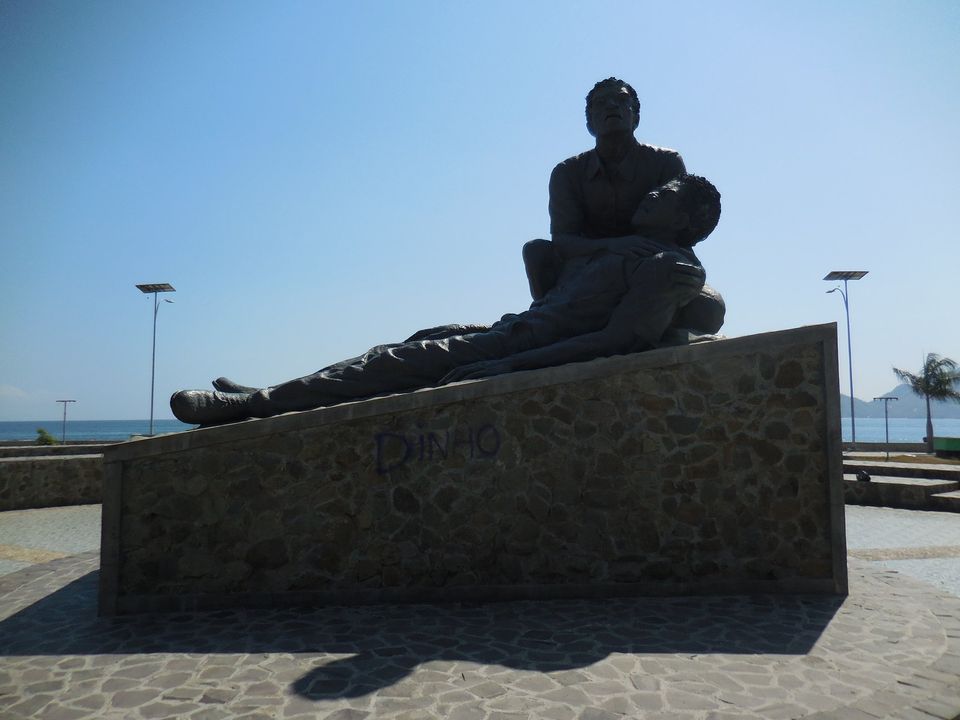
The central relationship with Timor Leste appeared to encompass so many of the political and historical themes of Australia’s (principally White Australia’s) complex, conflicted sense of national identity and its place in the region. We like to think of ourselves as a protective big brother, but at times we’ve acted more like a predatory creepy uncle. Some of the plot threads will be familiar from the news headlines: bugged oil negotiations, whistleblowers, human rights abuses, asylum-seeker incarceration, corruption, political slush funds. And all stemming from Cato’s investigation of the slaughter of an old man in suburban Perth.
Crocodile Tears reunites Cato with an old ‘frenemy’ from book 3 – Bad Seed. The spook Rory Driscoll gets equal billing in this tale. If you’re going to explore themes around Australia’s relationship with its Asia-Pacific neighbours, themes of identity and themes of representation, then a part-police procedural, part-spy thriller with these two protagonists seemed an excellent vehicle to do so. I hope it also serves as a fitting send-off for Cato.
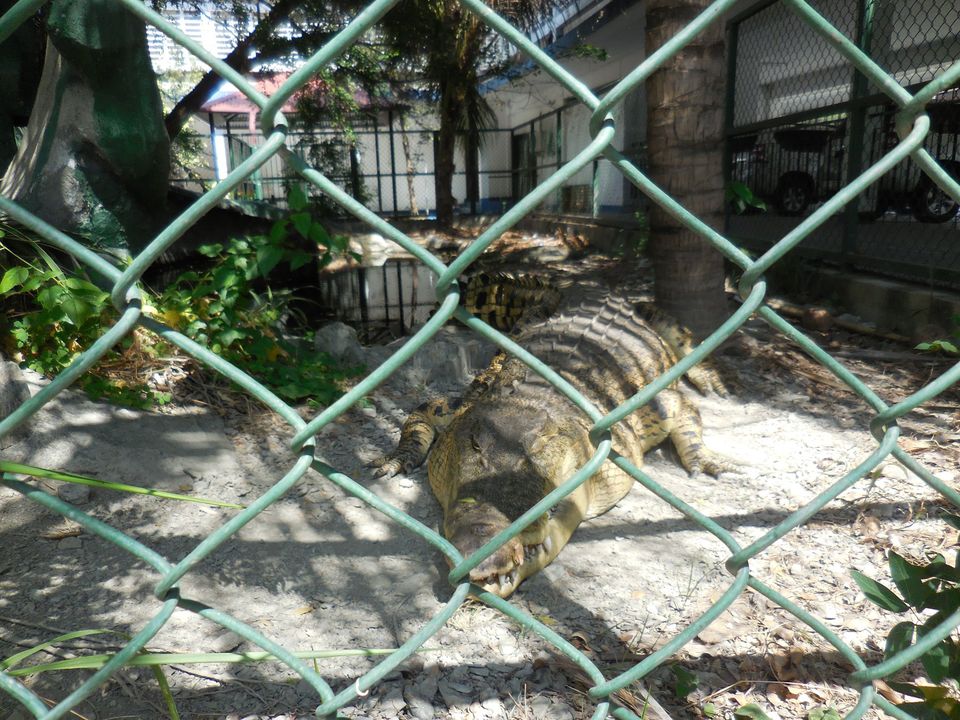
Crocodile Tears is available in all good bookstores and online.




